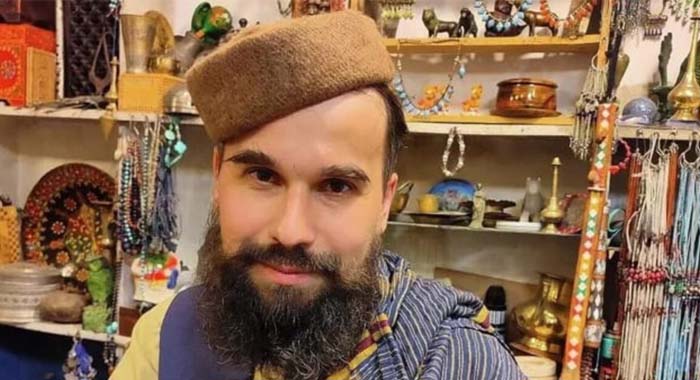A Russian ethnographer who had been held by the Taliban for nearly six weeks in Afghanistan has been released and returned to Moscow, Russian state media reported on Monday, in a case that once again highlights the opaque and arbitrary practices of the group’s justice system.
The researcher, Svyatoslav Kaverin, is affiliated with the Center for Paleoethnographic Research and works in association with the Institute of Oriental Studies at the Russian Academy of Sciences. He was detained in Kunduz province on July 19 by Taliban officials on allegations of attempting to smuggle jewelry a charge widely seen as dubious before being transferred to Kabul.
Kaverin himself had earlier described his detention in posts on Telegram, noting that he was held without due process and under conditions that lacked transparency. His family and colleagues had voiced concern over his safety and the lack of legal clarity in his case.
According to RIA Novosti, the ethnographer sent a voice message to his family on Monday, confirming his release. “He is flying to Moscow,” a source told the agency, without elaborating on the terms of his release.
Neither the Taliban authorities nor the Russian Foreign Ministry have provided details about the legal proceedings or what led to his eventual freedom. Observers note that the silence reflects a pattern of secrecy surrounding Taliban detentions, with foreigners often caught in a grey zone between political leverage and loosely defined religious-legal pretexts.
Rights advocates argue that the case underlines broader concerns about the Taliban’s treatment of academics, journalists, and aid workers in Afghanistan. Since seizing power in August 2021, the group has frequently detained individuals on ambiguous charges, raising questions about rule of law, human rights, and the safety of foreigners in the country.
Kaverin’s release brings relief to his family and colleagues but also casts a renewed spotlight on the risks faced by researchers and humanitarian actors in Taliban-controlled Afghanistan, where arbitrary detentions and opaque judicial procedures remain an enduring reality.





